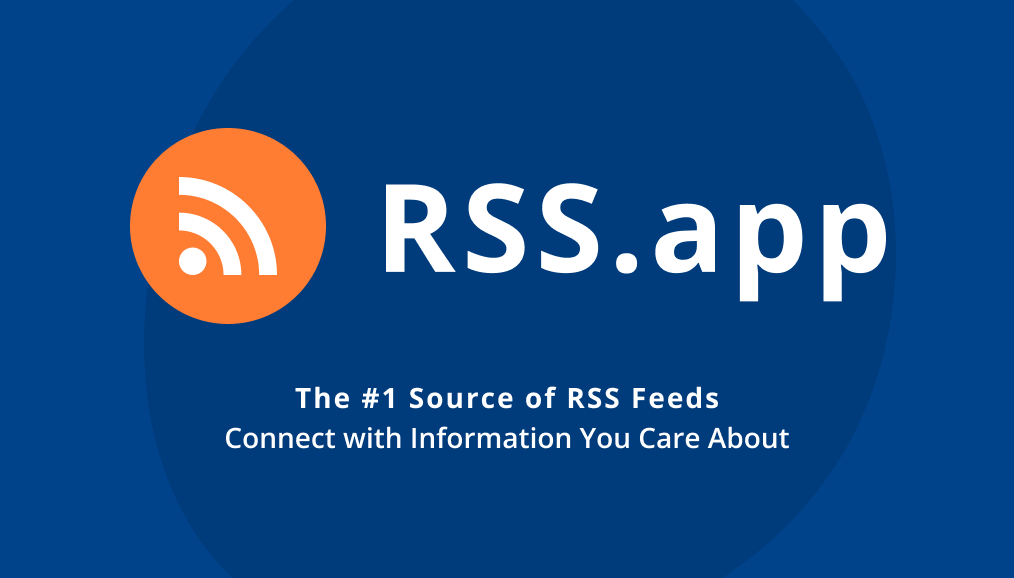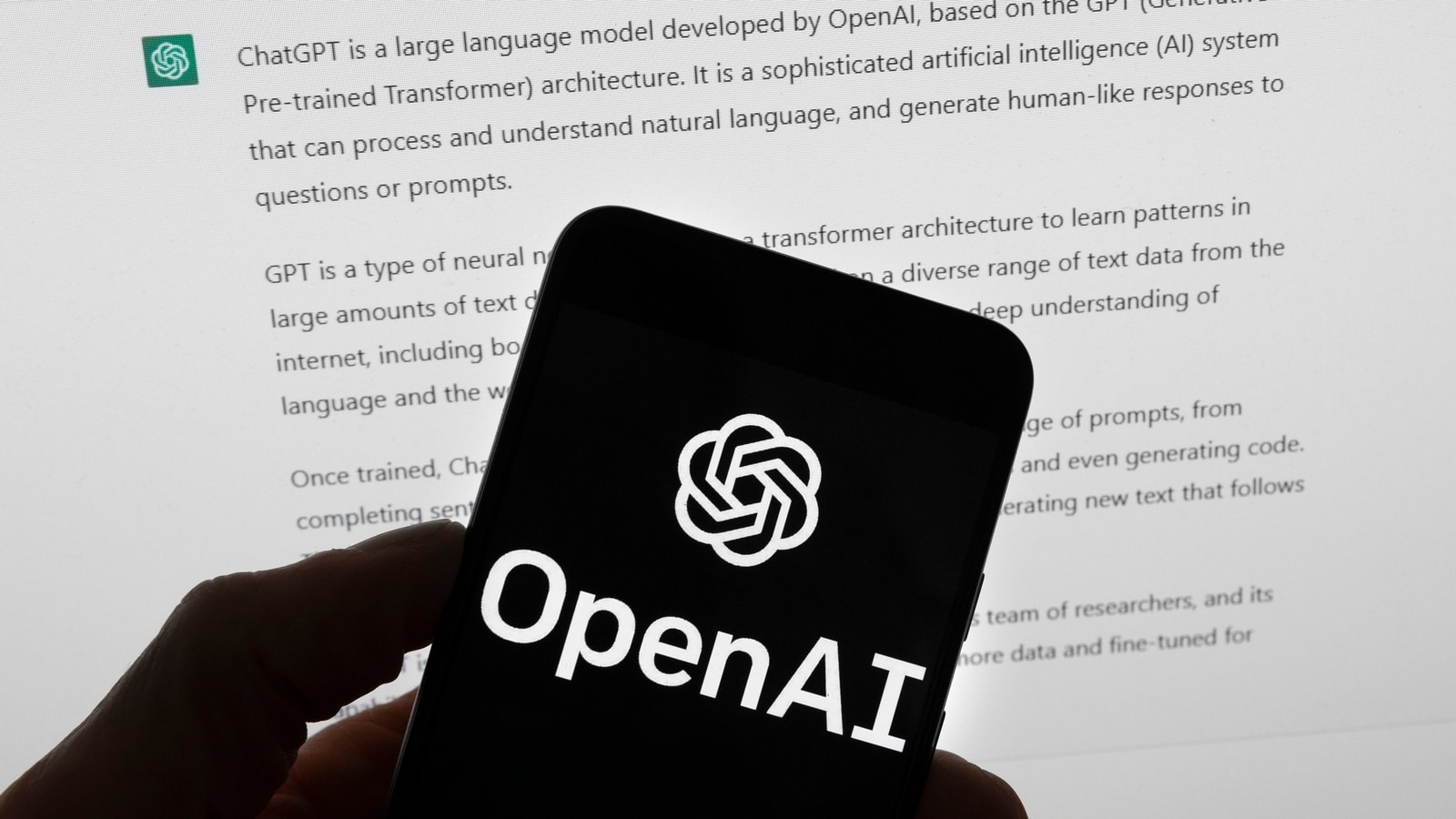Epic Games CEO Tim Sweeney Testifies in Google Antitrust Lawsuit
The Google antitrust lawsuit, brought by Fortnite publisher Epic Games, has entered its ninth day with some major revelations coming to light. Google CEO Sundar Pichai disclosed that the company pays Apple up to $18 billion annually for the default iPhone search position. Additionally, Google’s partnerships boss, Don Harrison, revealed that Spotify pays zero percent when users use Spotify’s payment system, and between 6 to 10 percent when it is made through Google’s channels.
On the ninth day of the trial, Epic CEO Tim Sweeney was sworn in for testimony, and he made several significant revelations. Here are the top ten takeaways from his testimony:
1. Sweeney highlighted his background, noting that he personally built the first version of the Unreal Engine and wrote about a quarter of a million lines of computer code in three and a half years.
2. Epic’s initial plan was to launch Fortnite directly on the Google Play Store.
3. Samsung offered Epic a special deal for distributing Fortnite on its Galaxy Store, charging only 12 percent revenue share instead of the 30 percent Google was asking for. This two-step download process was necessary to ensure users could always download the latest version of the game without re-downloading the entire file.
4. Initially, Epic decided to skip Google Play and distribute Fortnite through its own website. However, they later found that this decision was deterring many users from installing the game. As a result, Epic submitted Fortnite to Google Play with its own payment system, which Google repeatedly rejected.
5. Sweeney took credit for initiating legal challenges against Apple and Google, seeking to break their app store monopoly and create a more open and competitive app market.
6. Epic CEO emphasized that the company wanted a more open app distribution system for all Android developers, not just a special deal for themselves.
7. Epic made two demands from Google: competing payment processing options other than Google Play payments without Google’s fees, and a competing Epic Games Store app available through Google Play or direct installation.
8. Epic is not seeking monetary compensation from Google, but instead aims to expand its business opportunities and ensure fair distribution of Fortnite on Android devices.
9. Sweeney confirmed that Tencent, a Chinese company, is a major investor in Epic Games.
10. Sweeney highlighted how Fortnite’s discount for V-bucks purchased directly through the game violated Google Play’s policy, ultimately leading to the delisting of Fortnite.
These revelations shed light on the ongoing antitrust battle between Epic Games and Google, as the trial continues to unfold.

I’m a highly experienced and respected author in the field of cryptocurrency. I have been writing about Bitcoin, Ethereum, Litecoin and other digital currencies for over 5 years which is widely regarded as one of the most knowledgeable and reliable sources of information in this area.







